Task Force Addresses Violence Against Indigenous Women
December 5, 2020
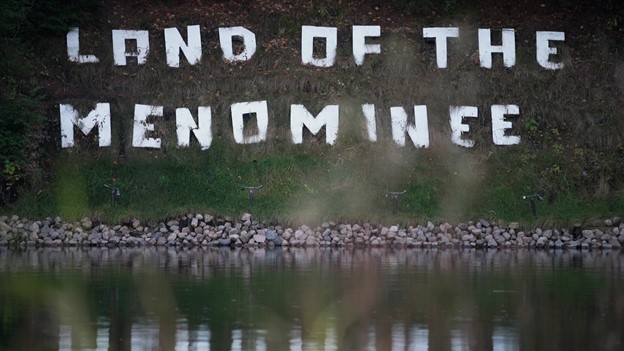
Display in Menominee County showing "Land of the Menominee."
The Missing and Murdered Indigenous Women Task Force held its first meeting Friday to chart a course for the group to begin addressing the disappearances, murders, and systemic violence that targets Indigenous women and girls disproportionately.
The launch of the task force was announced in July by Attorney General Josh Kaul as a partnership with Wisconsin’s Indigenous communities and the state Department of Justice. Membership on the task force includes Kaul, Lt. Gov. Mandela Barnes, and representatives from Wisconsin’s Indigenous tribes, social service organizations and state elected officials.
“I’m really optimistic that we are going to be able to make a lot of progress,” Kaul said during the virtual meeting Friday. “I know that everybody who is part of this task force is really committed to addressing this issue and to seeing change happen.”
The meeting was led by a prayer and “The Strong Woman’s Song.” Task force members spent the first part of the meeting introducing themselves and sharing stories of women and girls who have been murdered or are missing, as well as experiences with gender-based violence.
Many reiterated that addressing these issues was long overdue.
“It’s not just recent. It goes back hundreds of years that native womens have been abused and lost and stolen,” said Myrna Warrington, a tribal legislator for the Menominee Indian Tribe of Wisconsin.
Kristin Welch, a lead organizer for Menikanaehkem Inc., outlined a strategic plan that emphasized the importance of the work being Indigenous-led, as well as ensuring survivors and families of missing and murdered Indigenous women are at the center.
“How can we look at the past that got us here and create solutions for the future that will really protect those generations coming,” Welch said.
The group pointed to a lack of proper data and tracking around these cases as a key component to beginning their work, as poor data collection and reporting means many believe the number of missing and murdered Indigenous women is undercounted.
“We know that these numbers are staggering. We know that Native American women and girls are being taken away at an alarming rate. And while the numbers are there, it’s still surprising how few people actually know about what’s going on,” Barnes said.
A 2016 report from the Urban Indian Health Institute cited 5,712 missing and murdered women and girls were reported by the National Crime Information Center but only 116 of those cases were logged in the U.S. Department of Justice federal missing persons database. There is no official number for women and girls from Wisconsin.
In addition to improving data, the group will be looking to reform areas such as laws, how tribal, state and federal jurisdictions work together, human trafficking, trauma and mental health, and child welfare to try and address root causes of violence against native women and girls.
The Missing and Murdered Indigenous Women Task Force was originally introduced as legislation that came with $60,000 in funding to assist in its work, however, the bill was never voted on after it was introduced.
Kaul stated that the state Department of Justice has allocated several hundred thousand dollars of Violence Against Women Act funding to support the work of the task force.
 Passport
Passport




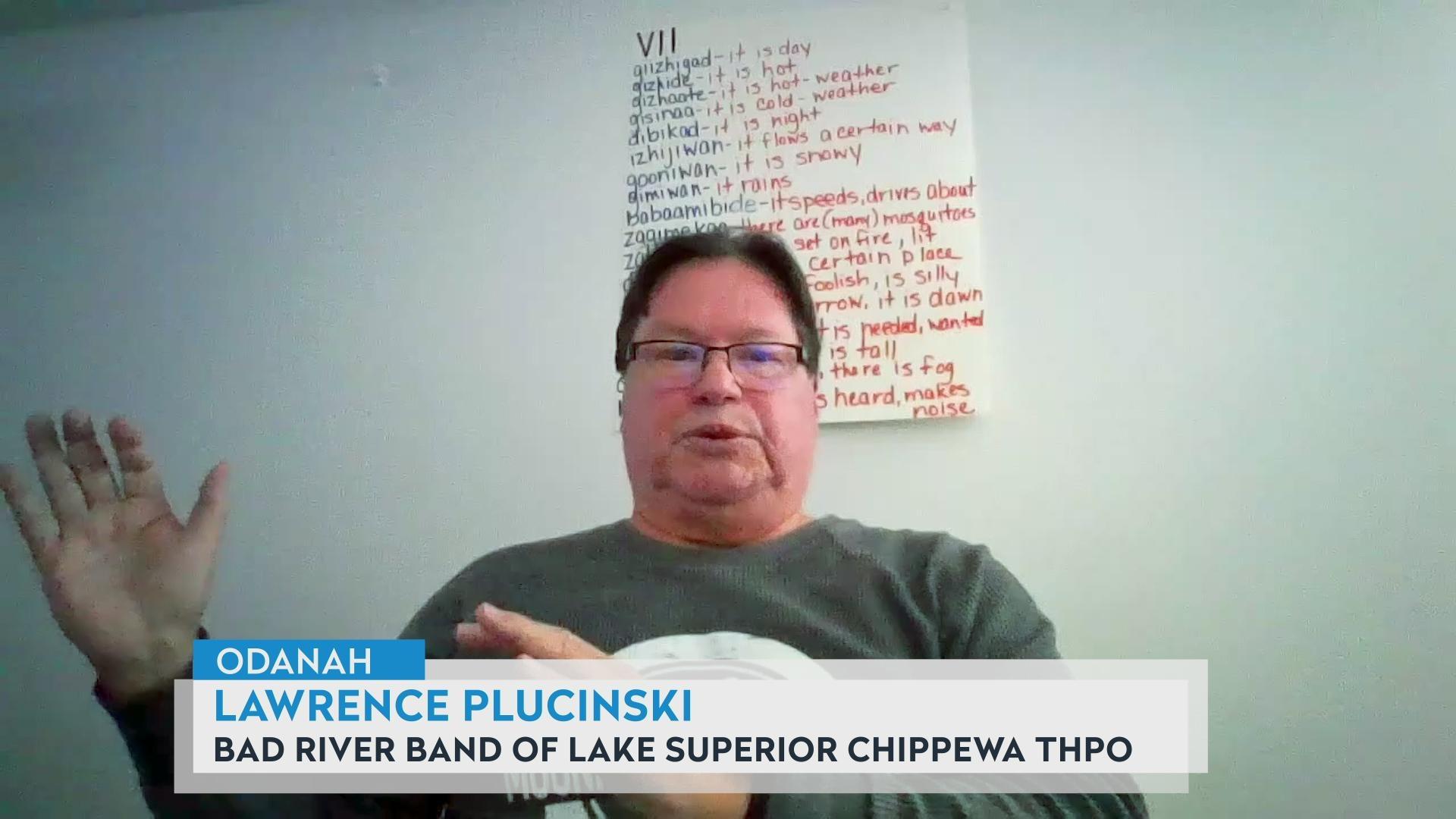
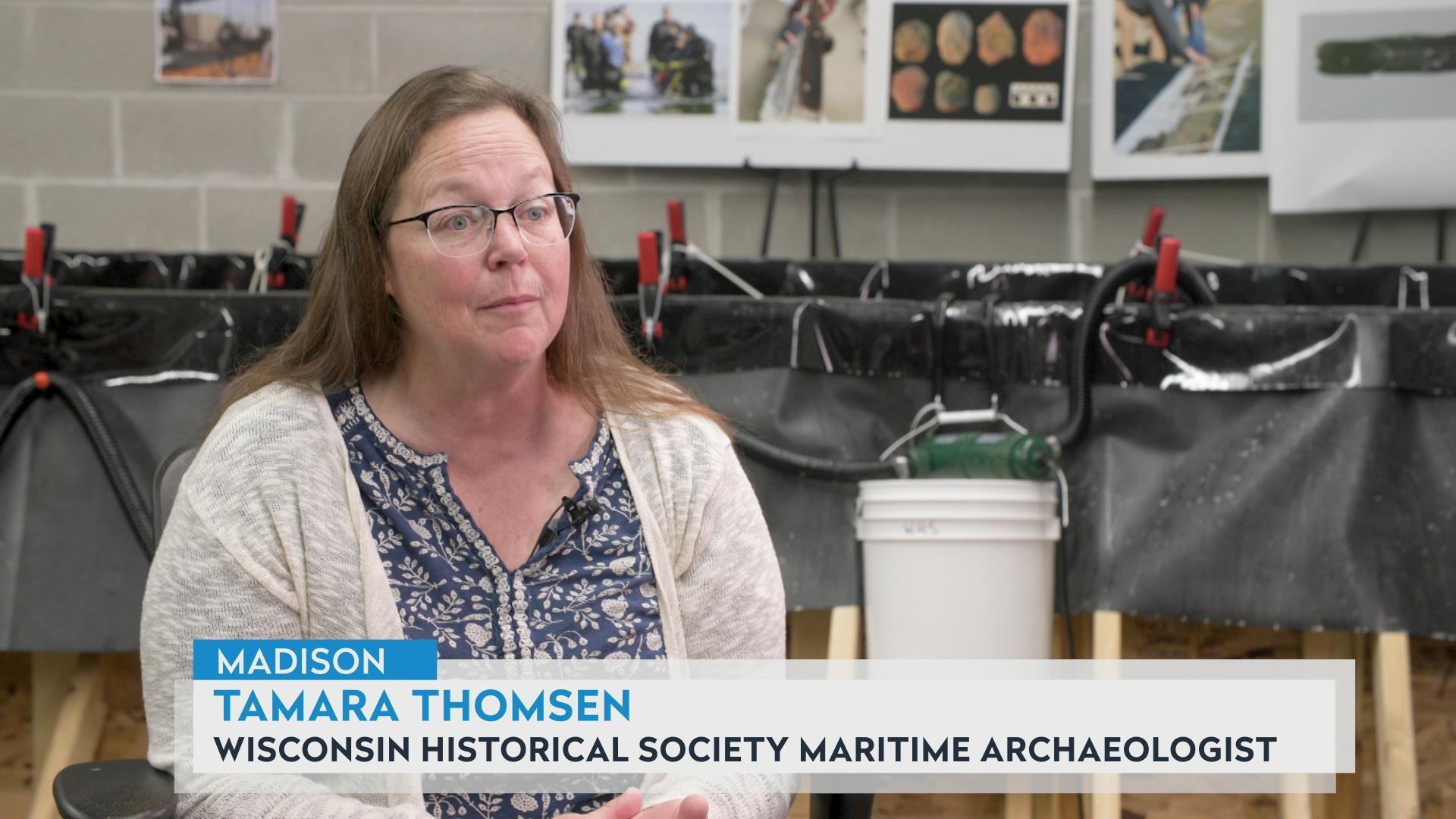
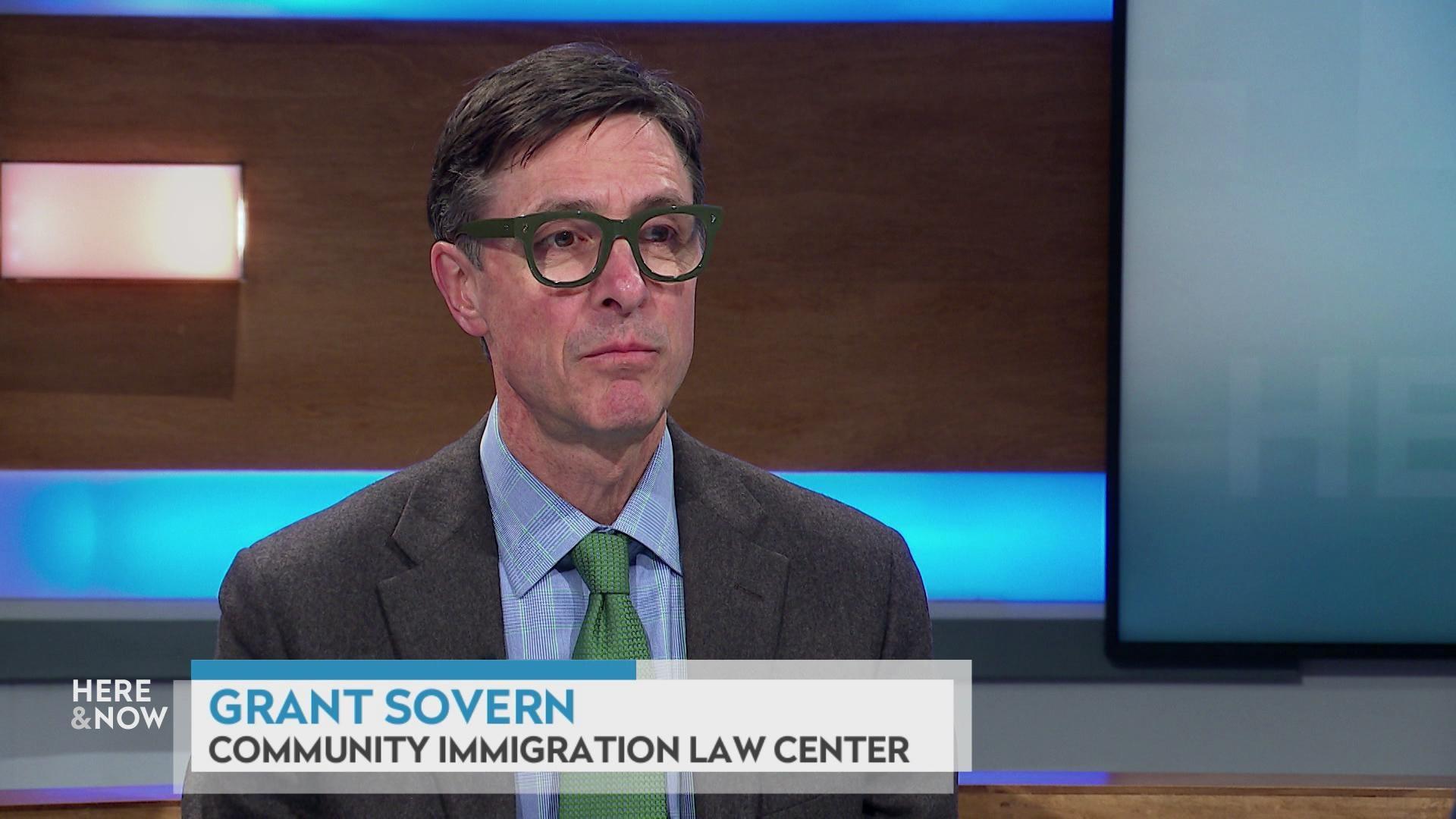
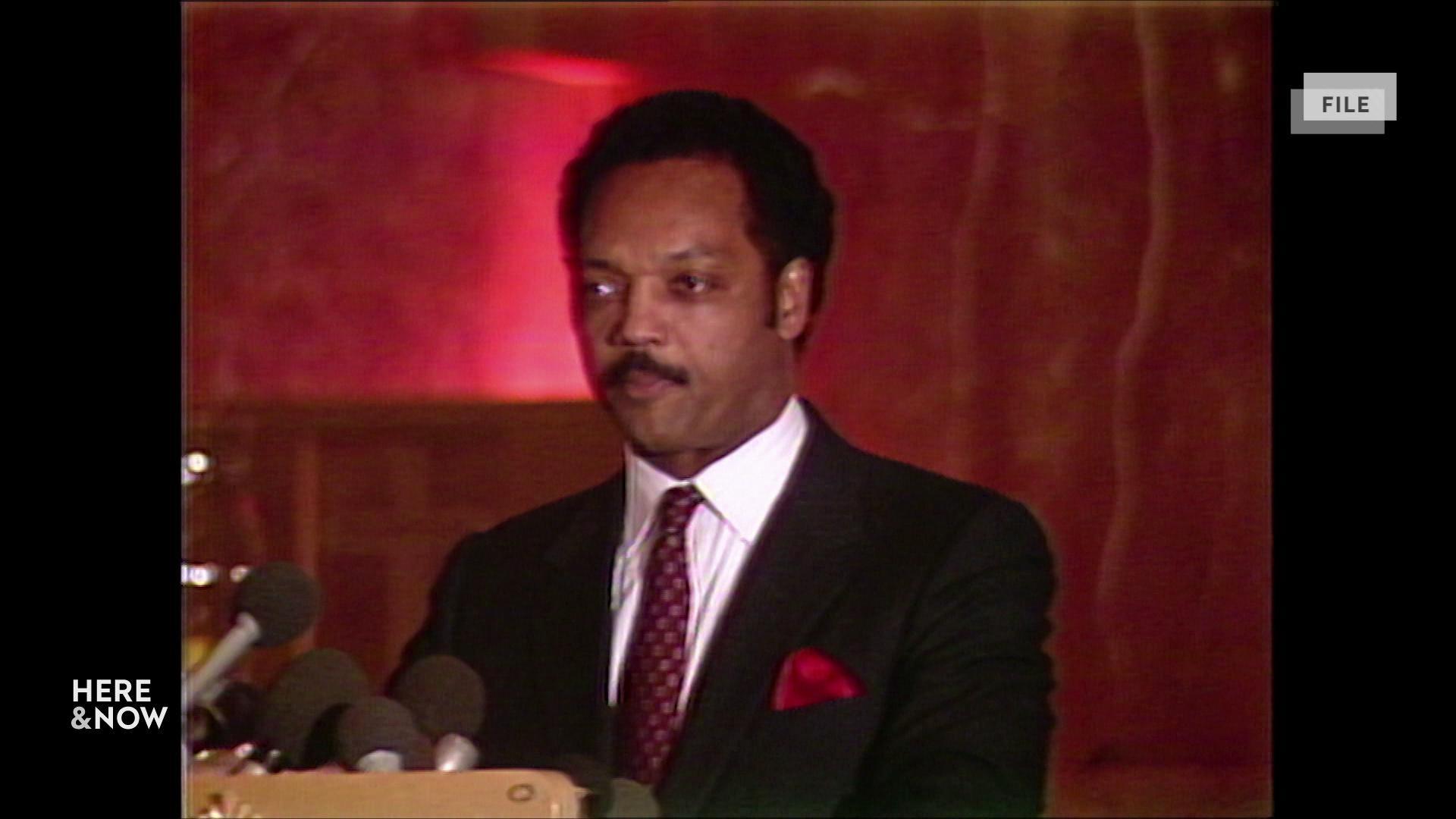
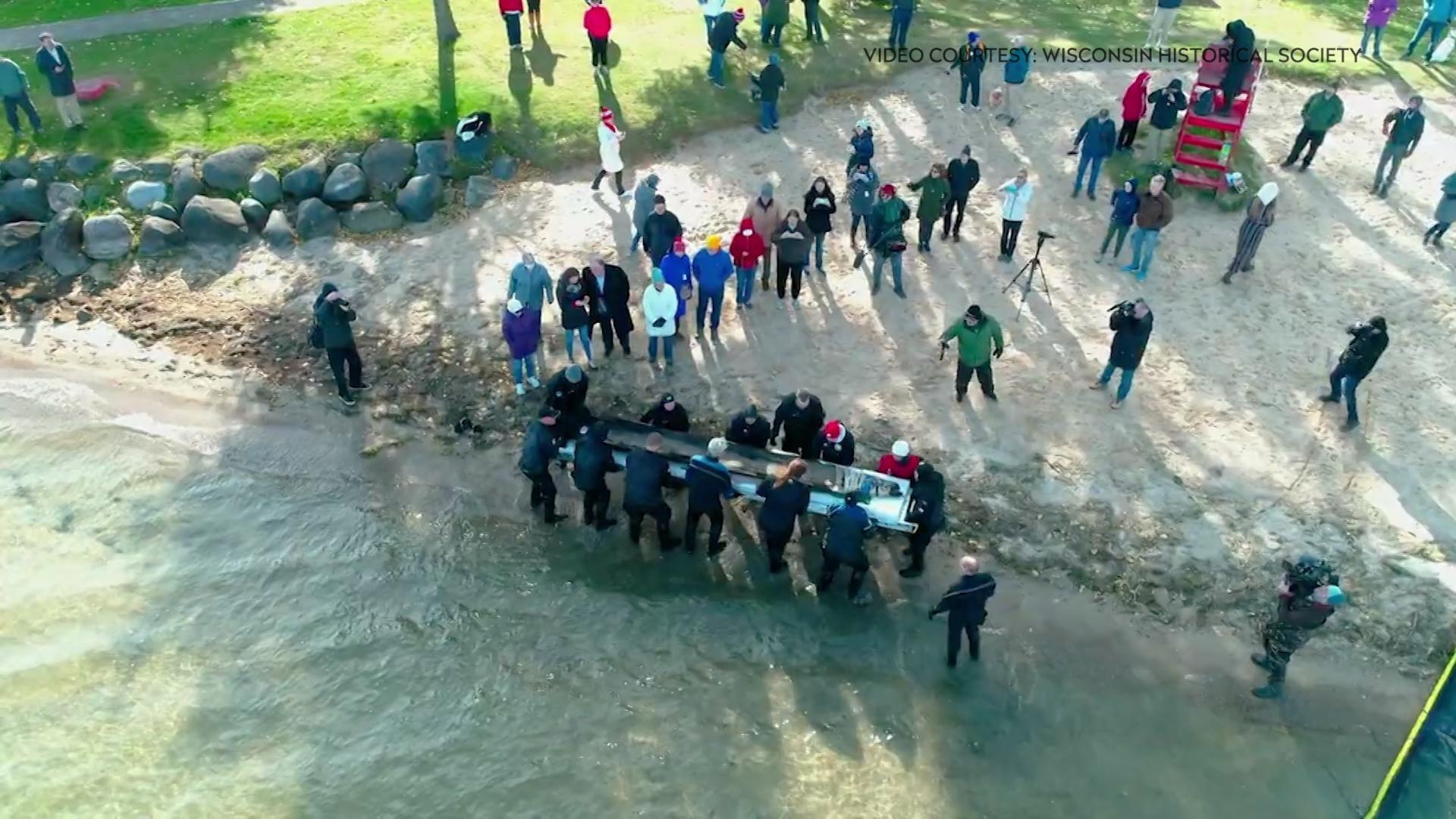
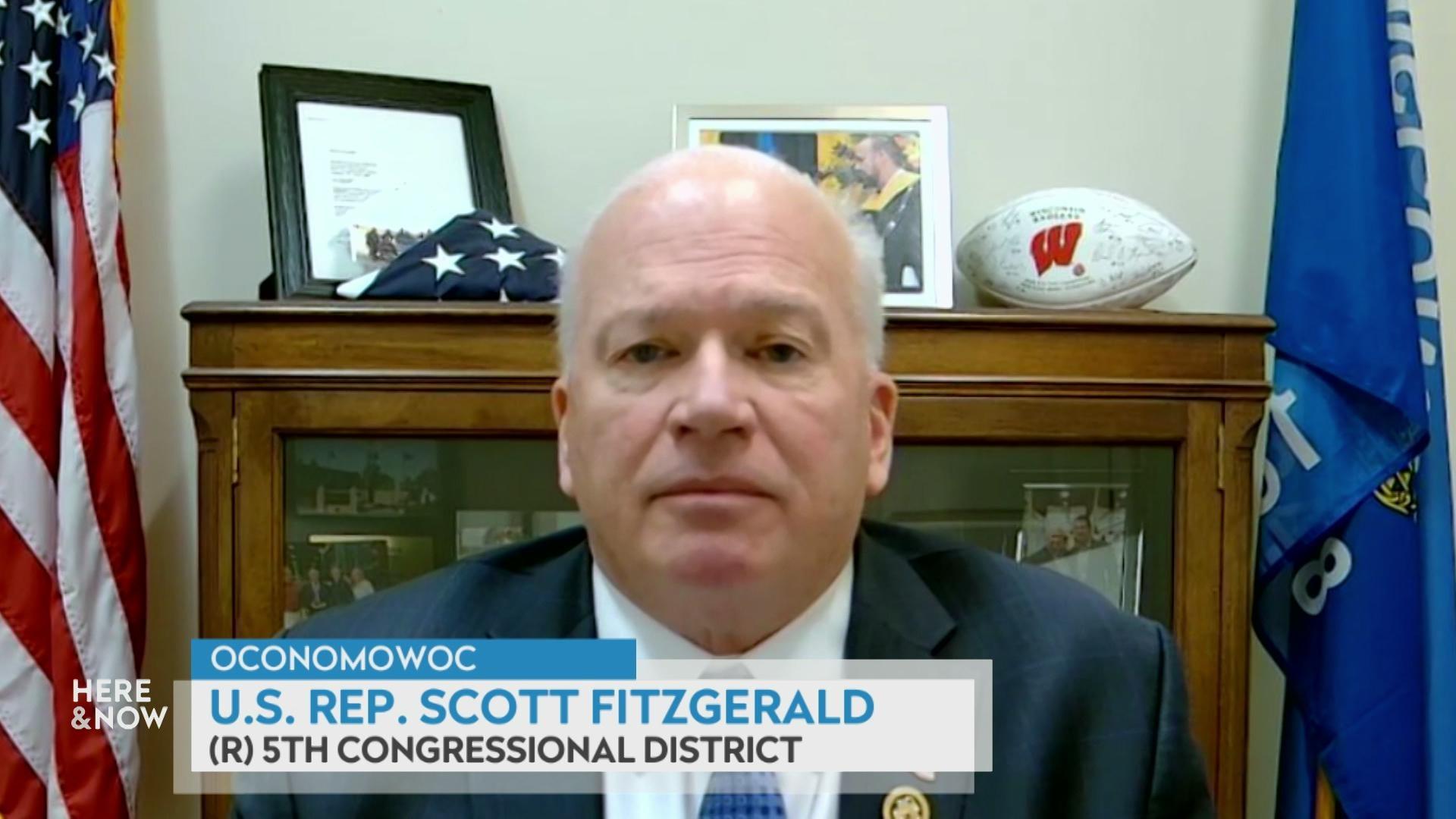

Follow Us